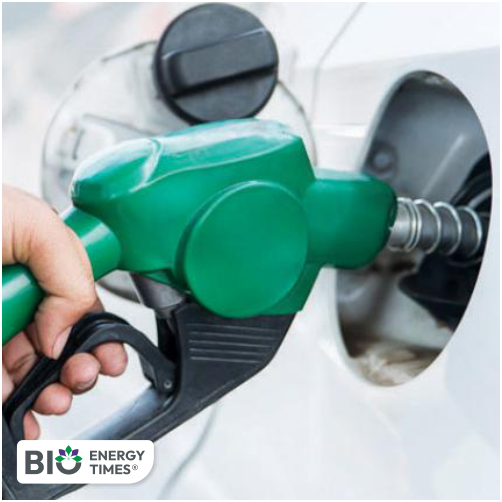The government is in the process of on balancing regulations in the third phase of Corporate Average Fuel Efficiency (CAFÉ 3) standards to support wider adoption of flex fuel and electric vehicles, Union Minister for Road Transport and Highways Nitin Gadkari said, reported The Economic Times.
This initiative aims to curb crude oil imports and reduce emissions from vehicles.
Until now, CAFÉ norms have largely favored electric vehicles. However, the upcoming regulations will also consider the role of flex fuel and battery technologies. Flex fuel typically includes ethanol-petrol blends.
“The previous CAFÉ norms were centered around electric vehicles,” Gadkari stated during an ET Roundtable on Thursday. “CAFÉ 3 will strike a balance between electric and flex-fuel engine vehicles.”
A high-level meeting involving officials from the road transport and highways ministry, the power ministry, and the principal scientific adviser was held on Wednesday to finalize the framework.
Earlier this month, the ministry also held consultations with industry stakeholders on the proposed changes.
The revised CAFÉ 3 standards are expected to come into effect in April 2027. CO₂ emissions from a vehicle are directly linked to its fuel consumption, meaning some high-emission models can still comply if offset by more fuel-efficient vehicles in the manufacturer’s lineup.
CAFÉ regulations set overall fuel efficiency targets for a manufacturer’s fleet rather than for individual car models, with the goal of reducing fuel usage and greenhouse gas emissions.
Gadkari also mentioned that the petroleum ministry is testing a Russian technology that enhances ethanol’s calorific value to match that of petrol. This development could pave the way for 100% ethanol use in vehicles.
Addressing future emission standards, Gadkari recalled the opposition to India’s leap from BS-IV to BS-VI in 2020, but noted that the country’s current standards are now on par with global benchmarks. “There is talk of Euro VII norms globally — we are getting ready for that,” he said.














